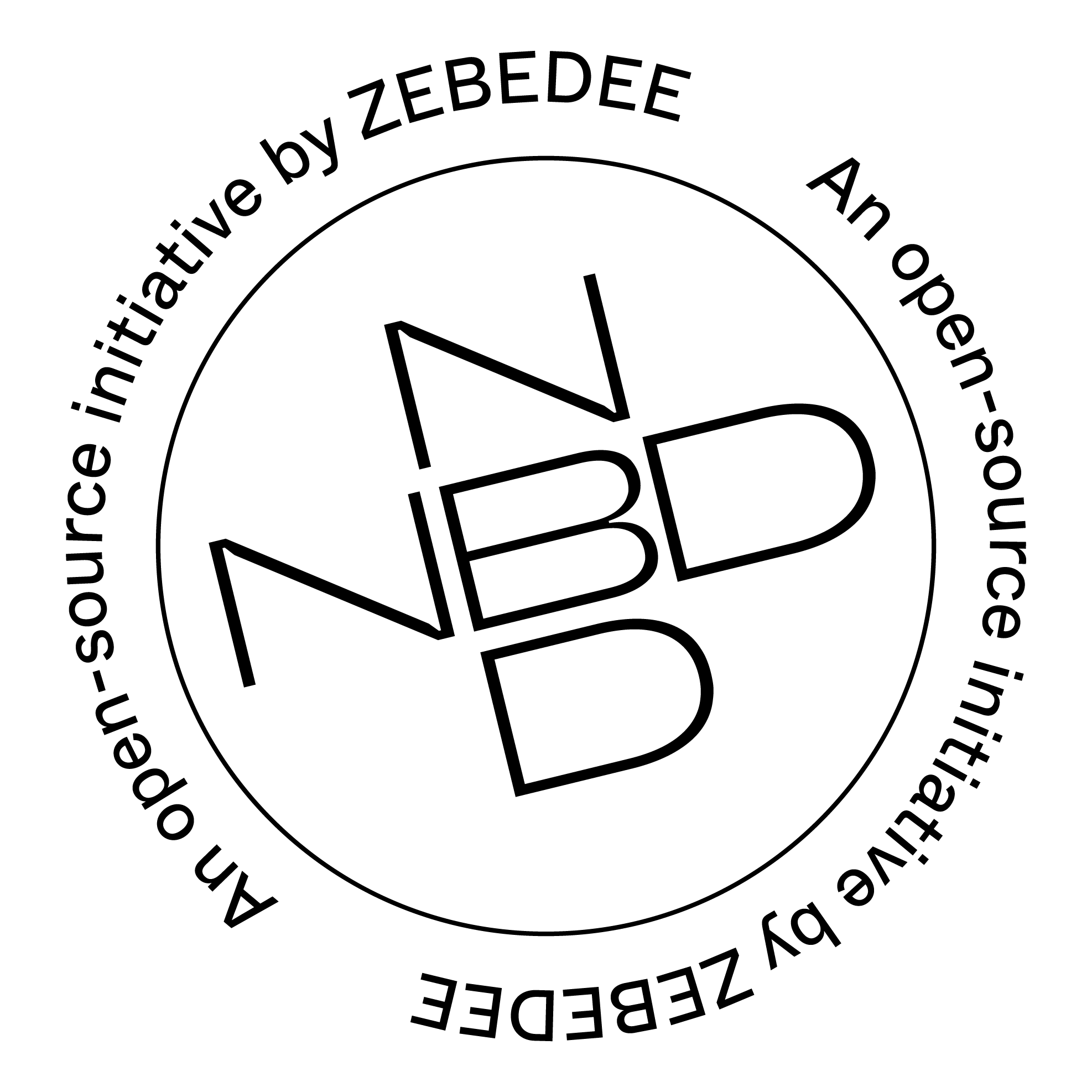This is an amazing piece of software, still work-in-progress, based on IMMORTAN, that can do Lightning things, it is a "lite node", as we may call.
Grab a jar from the releases page and run it with java -jar cliche.jar. This will use ~/.config/cliche as your data directory and create a SQLite database there.
To use a different directory do java -Dcliche.datadir=/my/other/directory -jar cliche.jar.
In that directory you can have a file called cliche.conf that can have the same options that we have specified on reference.conf. The settings will default to the ones on reference.conf. You can also specify the settings as flags like the cliche.datadir above and these will take precedence even over cliche.conf.
Download the native image from the releases page, call chmod +x on it and run it with ./cliche. All the rest is the same as above except it doesn't require a Java Virtual Machine at all (also starts much faster and who knows, maybe it's faster and leaner too but that remains to be proven).
To pass options just do ./cliche -Dcliche.datadir=etc.
cliche can be used either via direct communication via STDIN with responses via STDOUT or through a websocket (that is hardcoded to listen at ws://127.0.0.1:12000). Both interfaces accept either CLI-style commands or JSON-RPC.
This is an example session with some commands called and asynchronous events being received:
~> ./cliche
# initial parameters
# configs: network=mainnet json.compact=false
# setting up database
# setting up pathfinder
# instantiating channel master
# instantiating electrum actors
# loading onchain wallets
# start electrum, fee rate listener
# is operational: true
# listening for outgoing payments
# listening for incoming payments
# waiting for commands
{
"event":"ready"
}
get-info
{
"id":"",
"result":{
"keys":{
"pub":"0346e3ba6740af014a12536b063bf8815b3609e95d25a8f800e9af0cb0f7ac318e",
"priv":"7d1ad0b8fd79e24b5e54656ccfb0ccdd4965a9cacc32df0f1b6aae89ff833b31",
"mnemonics":"vendor doll ritual dune aisle depart trial dinosaur tilt kick stairs forest"
},
"block_height":730099,
"wallets":[{
"label":"Bitcoin",
"balance":0
}],
"channels":[{
"id":"0b703fcce268709197a5cfdeee87a9c8aa4bb9ba2982e35e35ebbf4cb0cf469d",
"balance":10990
}],
"known_channels":{
"normal":78886,
"hosted":1
},
"outgoing_payments":[],
"fee_rates":{
"1":2916,
"10":1162,
"100":750
}
}
}
create-invoice --msatoshi 12000 --description hello
{
"id":"",
"result":{
"invoice":"lnbc120n1p3ys2qgpp5lftl0s00d8y68re249gz86s7mmct4r0vl3p4yhvxwaexs5m3y9dsdqgya6
xs6tnsp5elpt5dklw9wd8l0g8c5xkky6y6jayc3ar5vfdeejeyhvhjdluggqxqy9gcqcqzys9qrsgqrzjqd98kxkpyw0
l9tyy8r8q57k7zpy9zjmh6sez752wj6gcumqnj3yxrxwuy87r6hvpnuqqqqqqqqqqqeqqjqq7wrpaz4dezv92uw7jfgt
5aphq7c5y4rz24756nfzr63wskwhze4af54duph05jh6ycvwadjca5v5y6aucgf697x86fgnj68gmshqkqpuqsenv",
"msatoshi":12000,
"payment_hash":"fa57f7c1ef69c9a38f2aa95023ea1edef0ba8decfc43525d867772685371215b",
"hints_count":1
}
}
{
"method":"payment_received",
"params":{
"preimage":"51a012f6b18360ed65c3960ebb17ab84120d022768ffb887e82e56463bc729c0",
"msatoshi":12000,
"payment_hash":"fa57f7c1ef69c9a38f2aa95023ea1edef0ba8decfc43525d867772685371215b"
}
}
pay-invoice --invoice lnbc120n1p3ys2znpp5ecudgkjpffs9unvcp2pxws3gjs9sm5u78y340cns330vdtn3req
sdpuve5kzar2v9nr5gpqw35xjueqd9ejqctwypjhsar9wfhxzmpqd9h8vmmfvdjssp5tlzrfn3slaqude9wvl20cn9zm
38auzj8cygpyuplr4g3297skalsxqy9gcqcqzys9qrsgqrzjqtx3k77yrrav9hye7zar2rtqlfkytl094dsp0ms5majz
th6gt7ca6uhdkxl983uywgqqqqlgqqqvx5qqjqrzjqd98kxkpyw0l9tyy8r8q57k7zpy9zjmh6sez752wj6gcumqnj3y
xzhdsmg6qq56utgqqqqqqqqqqqeqqjqurvsq6w7pjse26vyuxta4d9e0w03g2tw3yajks73parppz3dj3f8f73lp7apm
9pduzc7dhaaelqa7rhczz8359trltwt9930jg3z5ccqn3tq4y
{
"id":"",
"result":{
"sent":true,
"payee":"022c43af2ce577c4b95205cc4a1f3746737eb2cc133bf381d5a165e2c759121c33",
"fee_reserve":10000,
"payment_hash":"ce38d45a414a605e4d980a82674228940b0dd39e392357e2708c5ec6ae711e41"
}
}
{
"method":"payment_succeeded",
"params":{
"payment_hash":"ce38d45a414a605e4d980a82674228940b0dd39e392357e2708c5ec6ae711e41",
"fee_msatoshi":1,
"msatoshi":12001,
"preimage":"0000001124019af4833f82681916f6948e31a4408e53c6427944b4f8dea74670",
}
}
The same methods can be called either with this CLI-like format or with JSON-RPC, like
{"id":"x","method":"create-invoice","params":{"msatoshi":164000}}For casual usage you'll want the CLI-style commands format, so you can just type create-invoice --msatoshi 100000 --description test, for example, and get a response in your terminal.
- The STDIN/STDOUT interface works best if you're just running
clichein a terminal. In that case you can just use that same terminal window to execute commands. - If you have
rlwrap(probably installable from your Linux default package manager) use it for a much better experience. Startclichewithrlwrap cliche {...args}and your life will be much better. - The websocket interface works fine too, specially if
clicheis running as a service or as a subprocess somewhere else, in that case you can use a CLI tool likewebsocat, callwebsocat ws://127.0.0.1:12000then start typing commands.
For programmatic usage you'll want the JSON-RPC format so you can distinguish responses by their JSON-RPC ids.
- The STDIN/STDOUT interface can be used if a different program (i.e. your Lightning-powered application) actually starts
clicheas a subprocess, then proceeds to write commands to its STDIN and listen to its STDOUT for responses and event notifications. See go-cliche for a library that does that. - The websocket interface can be used too if
clicheis running as a standalone service -- for example, by systemd, or inside a container. In that case your application just needs to open a websocket connection tows://127.0.0.1and start sending commands and listening for responses and event notifications.
This is intended to be started by a different program and methods to be called by sending data over STDIN and responses from STDOUT.
get-info, params: nonerequest-hc, params:pubkey(string),host(string),port(number),label(string, optional),secret(hex string, optional)remove-hc, params:channel-id(string)create-invoice, params:msatoshi(number, optional),description(string, optional),description_hash(hex string, optional),preimage(string, optional)pay-invoice, params:invoice(string),msatoshi(number, optional)pay-lnurl, params:lnurl(string, accepts LUD-01, LUD-16 and LUD-17 formats),msatoshi, (number, required),comment(string, optional, for LUD-12),name(string, optional, for LUD-18),attach-auth(boolean, defaults to true, for LUD-18)check-payment(works for both incoming and outgoing payments), params:hash(hex string)list-payments, params:count(optional, int)accept-override, params:channel-id(string)get-address, params: none
ready(emitted once whenclicheis ready to answer commands)payment_succeeded(emitted on every outgoing payment success)payment_failed(emitted on every outgoing payment complete failure -- no more attempts or pending shards)payment_received(emitted on every committed incoming payment)lnurlpay_params(emitted upon lnurl-pay params are receiving during apay-lnurlcall)lnurlpay_success(emitted after apay-lnurlpayment is completed, may contain a LUD-09/LUD-10successAction)
For development you can just do sbt run, and to compile a fat jar that later can be run with just java -jar do sbt assembly.
If your build.sbt happen to have an Immortan version ending with -SNAPSHOT that means you either have to build Immortan and publish it locally using that version (sbt publishLocal on Immortan repository) or you can change to a non-snapshot version. Pick one from here.
- Download GraalVM 22.0.0.3, here I used java11-linux version from release 22.0.0.3;
- Set the environment variable
GRAALVM_HOMEto the directory where you unzipped that; - Run
sbt nativeImage.
(If something big changes then it might be necessary to run the native image agent again. In that case it might be wise to edit the Main.scala block guarded by the if (Config.nativeImageAgent) condition to make sure the most important codepaths are touched during the agent run, then run sbt nativeImageRunAgent and then sbt nativeImage.)
This is a list of projects using cliche:
